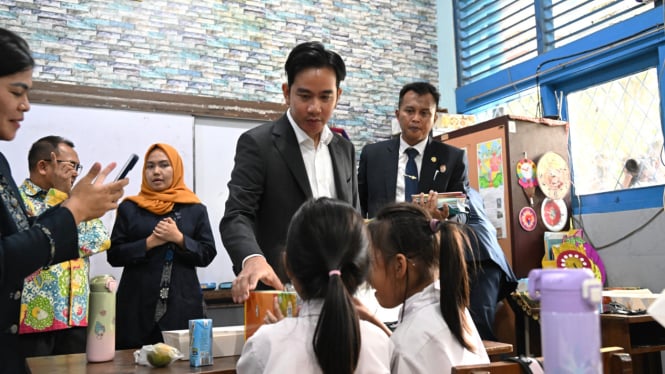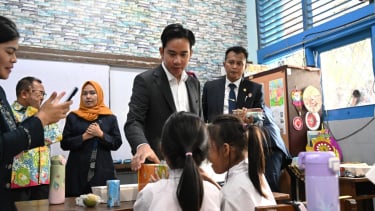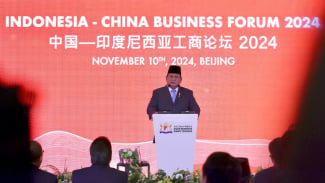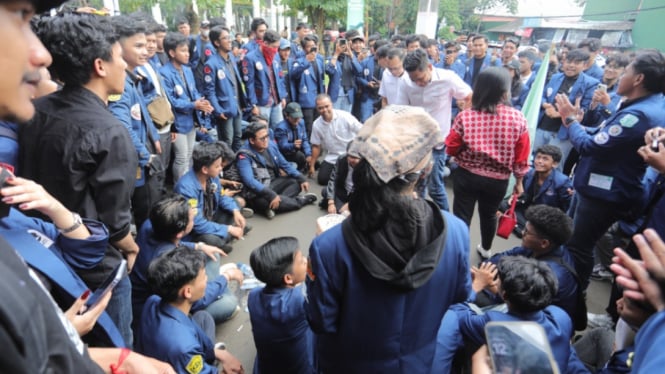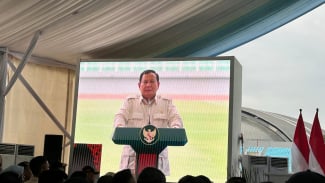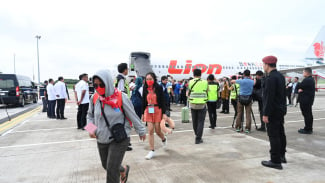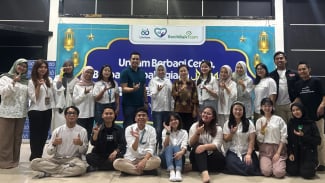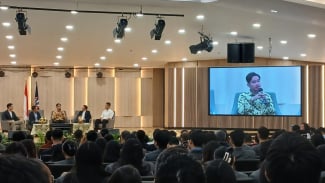Indonesia Implements Strategic Initiatives to Ensure Food Security Amid Global Crisis
- VIVA.co.id/Rahmat Fatahillah Ilham
Jakarta, VIVA – Amid the ongoing global food crisis and rising hunger threats, the Indonesian government is stepping up efforts to secure food security for its citizens. A key initiative includes optimizing the national food reserve to support a program providing nutritious free meals to students.
Director-General of Food Crops at the Ministry of Agriculture, Yudi Sastro, emphasized the government’s proactive measures to address potential food crises, especially in the face of extreme climate events like El Niño, which can significantly impact crop yields.
“We have taken steps to optimize land use, including utilizing swamp areas outside Java. This is crucial for ensuring food security in the future,” Sastro stated during the Merdeka Barat 9 Forum, themed ‘Free Nutritious Meals, Is the Food Supply Sufficient?’ on Monday (November 11).
One of the ministry's strategic programs focuses on leveraging swamp lands as an alternative to rice paddies, which are increasingly converted for other uses. This program aims to tap into the potential of swamp areas in regions like Kalimantan, Sumatra, and Papua to ensure food supply, especially during extended dry seasons.
To boost food production, the ministry has also launched a plan to create new rice fields, targeting an additional 3 million hectares by 2029. Additionally, the government is collaborating with the Ministry of Public Works and Housing to enhance agricultural infrastructure, particularly improving tertiary irrigation systems.
“Inter-ministerial collaboration is vital to overcome challenges that have hindered agricultural development,” Sastro added.
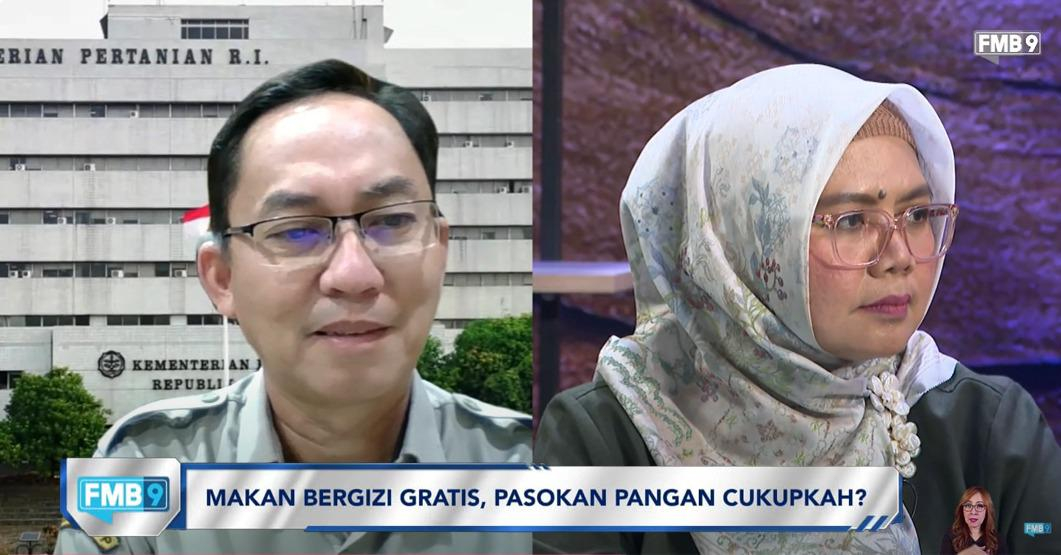
In line with improving community nutrition, the government has also rolled out the Gerakan Pangan Merah Putih (Red and White Food Movement), promoting the cultivation of vegetables, tubers, and protein sources in home gardens. This initiative not only aims to meet nutritional needs but also to reduce household expenses.
Meanwhile, Nita Yulianis, Director of Food and Nutrition Resilience at the National Food Agency (Bapanas), highlighted the importance of the government’s food reserve policy in stabilizing food prices and ensuring supply during emergencies, disasters, and price surges.
“The food reserve policy plays a strategic role in supporting the government's major food security agenda, particularly in addressing nutrition and stunting issues in vulnerable areas like Papua,” she said.
Yulianis also underscored the significance of local food education to build sustainable food resilience. Bapanas is promoting balanced and safe dietary practices, especially among students, with educational programs reaching over 90 schools in 30 districts.
“Local wisdom needs to be optimized so that each region can develop its own food sources, reducing dependence on external supplies,” Yulianis emphasized.
She further mentioned initiatives like the Gerakan Pangan Murah (Affordable Food Movement) and Gerakan Stop Boros Pangan (Stop Food Waste Movement) to encourage diverse, nutritious, balanced, and safe food consumption.


